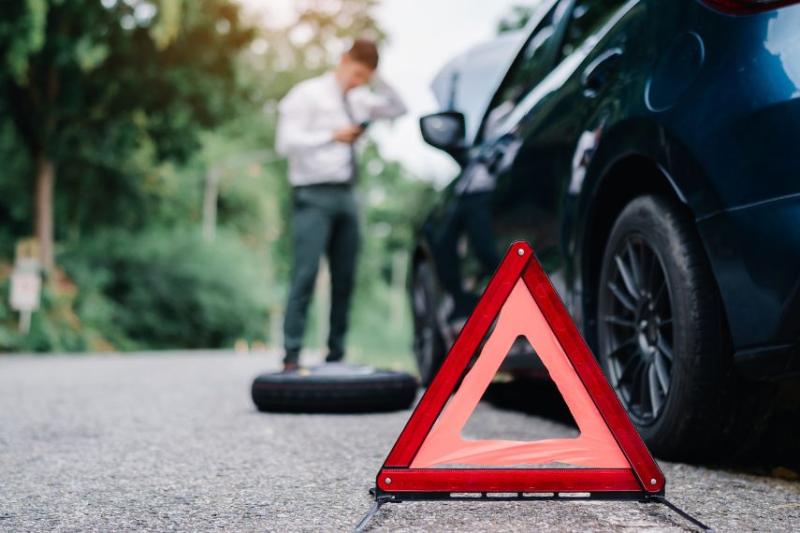
It doesn’t happen often, but it’s possible for your car insurance provider to cancel your policy.
This could be for a variety of reasons, including:
- you haven’t kept up on your payments
- you haven’t disclosed important information
- you've committed fraud (either by accident, or on purpose)
If your insurer contacts you to let you know they’re cancelling your policy, don’t ignore it. It’s best to get it sorted as quickly as possible.
Not paying for your policy
When buying car insurance, you can choose to pay annually, which is just one single payment, or to pay it monthly.
You’re legally obliged to keep up with these payments as part of the contract, and if you don’t, your insurer can cancel the policy.
Your insurer won’t do this without warning – they'll usually send you multiple advance warnings to give you the chance to catch up.
If you still don’t pay, they do have the right to cancel your policy. If you can see you’re not going to be able to make your payments, it’s important you contact your insurer as soon as possible.
You may have very genuine reasons for being unable to pay, for instance a change in your personal circumstances.
Being upfront may help them to sort out an arrangement that suits you both.
Not telling your insurer important information
It’s really important that you’re totally honest about any past claims or motoring incidents when setting up a new car insurance policy.
Not letting your insurer know about relevant information means they won’t be able to give you the right level of cover.
There are three categories when it comes to not disclosing relevant information.
All of these can result in your policy getting cancelled:
- Innocent
- Careless
- Deliberate/reckless
Under the Consumer Insurance Act 2012, customers must be careful not to misrepresent themselves when asked a direct question by an insurer.
Remember, insurers also need to be kept up to date about your circumstances (job, address), and need to know about your driving history.
Committing fraud
People commit fraud for all sorts of reasons. With car insurance, it’s usually done in the hope that the premium (cost of an insurance policy) will be much lower.
For instance, parents might be tempted to put themselves down as the main policyholder on their child’s car, especially if that child is a new driver and under 25.
Unfortunately, that’s known as fronting and is fraud.
Any type of fraudulent behaviour is reason enough for your insurer to cancel your policy on the spot but remember that it’s also illegal and can have far-reaching consequences.
What can you do next?
If your insurance provider has contacted you about cancelling your policy, get in touch with them straightaway.
A speedy response will make it much more likely that your problem can be resolved easily.
You may discover that a genuine admin error or oversight has happened, which could be easy to fix.
If the problem can’t be solved and your policy is cancelled, you will need to look for a new policy immediately to make sure you’re still covered.
What should you declare in future?
You must be completely honest with any future insurance providers and tell them that you’ve had a policy cancelled.
You’ll have to do this every time you get a quote for car insurance, no matter how long ago the cancellation was.
This might make it more difficult to get insurance, or increase your premiums quite a bit, but it’s the customer’s responsibility to be honest with the info they give.
To avoid any further cancellations in the future, keep a note of any information you might need to disclose so you don’t miss anything out.


